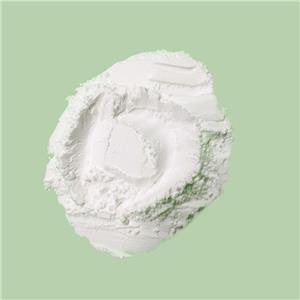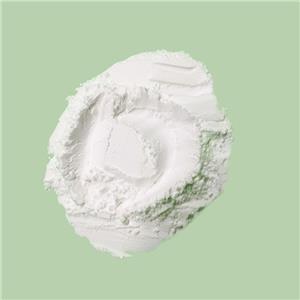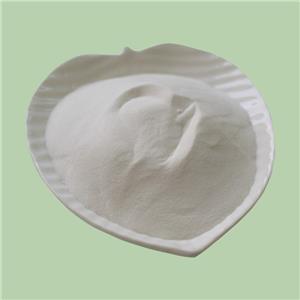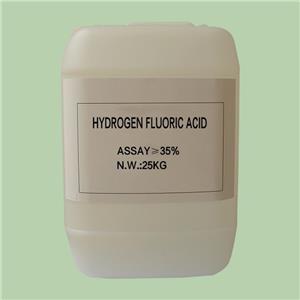The Essential Use of Potassium Hydrogen Fluoride (KHF2) in Glass Production
Potassium hydrogen fluoride (KHF2) is a key chemical compound used in the glass manufacturing industry. It is known for its unique properties that make it an essential ingredient in the production of various types of glass. In this article, we will explore the role of KHF2 in the glass production industry and how this chemical compound is used to enhance the properties of glass.
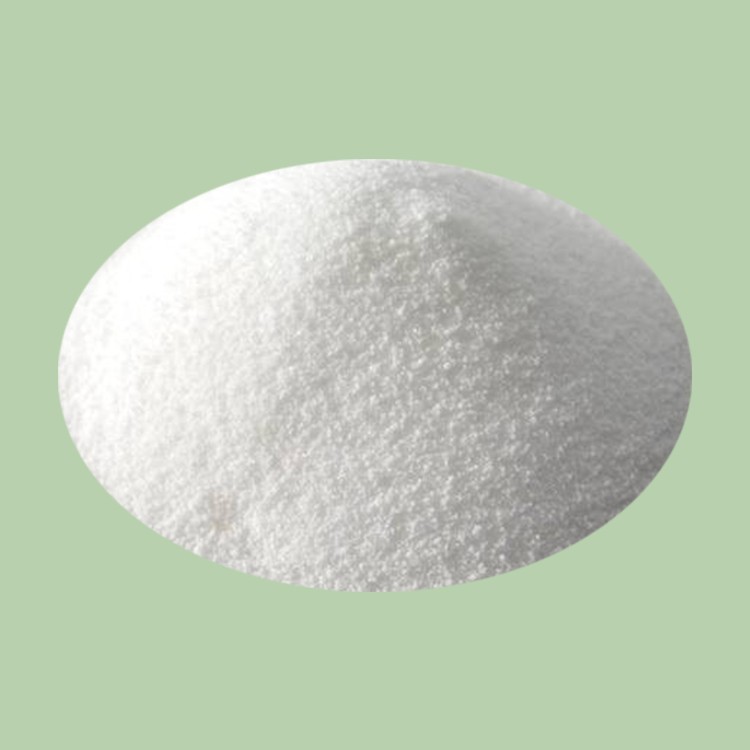
KHF2 is a colorless salt that is highly soluble in water. It is a strong acid with a high melting point and is commonly used as a flux in glass manufacturing. A flux is a substance that is added to a material to lower its melting point and help it flow more easily. In the glass industry, fluxes are added to glass mixtures to allow them to be melted at lower temperatures and to improve their homogeneity.
KHF2 is particularly useful in the production of leaded glass, such as crystal glassware, as it helps to reduce the amount of lead oxide required to produce the glass. Lead oxide is a key component in leaded glass, but it can be toxic in high concentrations. By using KHF2 as a flux, the amount of lead oxide required can be reduced, making the glass safer and more environmentally friendly.
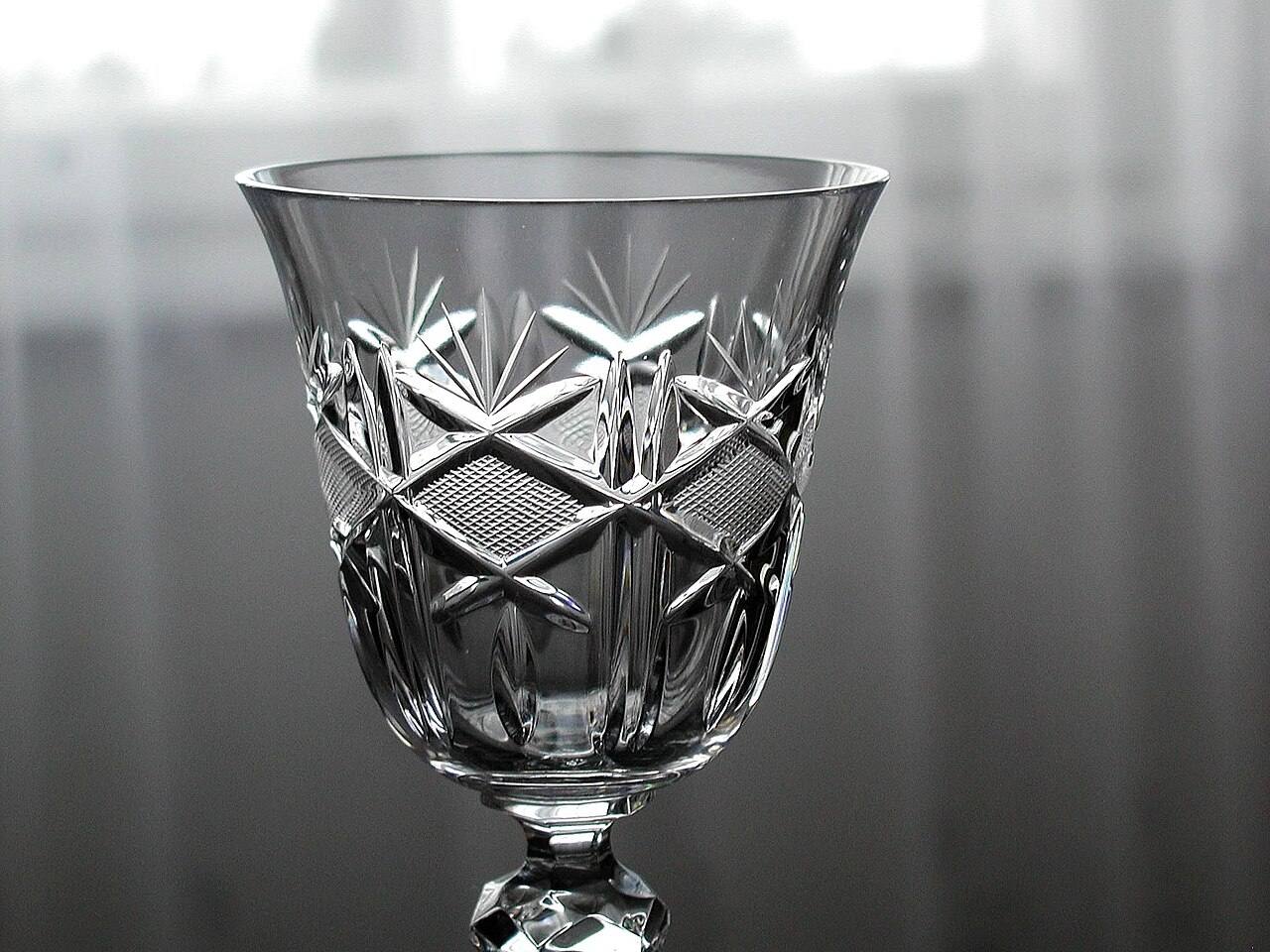
Furthermore, KHF2 is also used in the production of flat glass, such as windows and mirrors. It is added to the glass mixture to help reduce the amount of gas bubbles that form during the melting process. This helps to create a more uniform glass surface and improve the overall quality of the product.
One of the key properties of KHF2 is its ability to dissolve silica, a common component in glass. When KHF2 is added to a glass mixture, it reacts with the silica to form a low melting point compound that helps the glass to flow more easily. This allows the glass to be shaped into various forms and sizes, as well as facilitating the manufacturing of flat glass.
In addition, KHF2 can also be used as a glass etching agent, thanks to its ability to dissolve glass. It is commonly used in the production of decorative glassware, where the surface of the glass is etched to create intricate designs and patterns.
In conclusion, KHF2 plays a vital role in the glass manufacturing industry by improving the quality, safety, and efficiency of glass production. Its unique properties, such as its ability to dissolve silica and reduce gas bubbles, make it a versatile and essential component in glass production. As the demand for glass continues to grow, KHF2 will undoubtedly remain a crucial ingredient in glass manufacturing for years to come.
- Fluoride Salt
- Ammonium Fluoride
- Sodium Fluoride
- Potassium Fluoride
- Sodium Hydrogenfluoride
- Potassium Bifluoride
- Magnesium Fluoride
- Aluminium Fluoride
- Barium Fluoride
- Lithium Fluoride
- Strontium Fluoride
- Nickel Fluoride
- Zinc Fluoride

